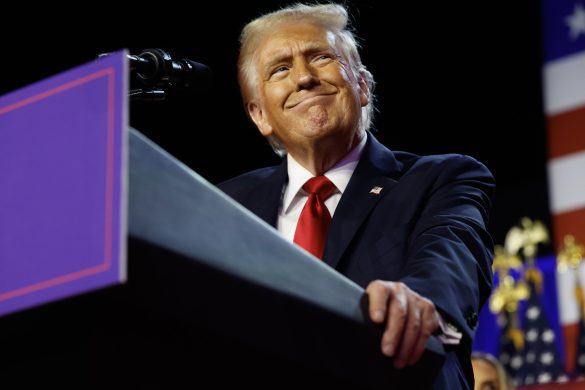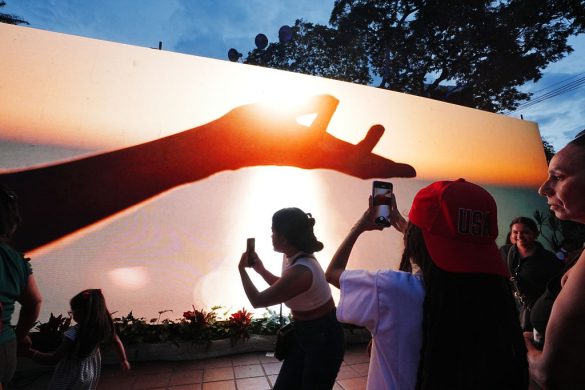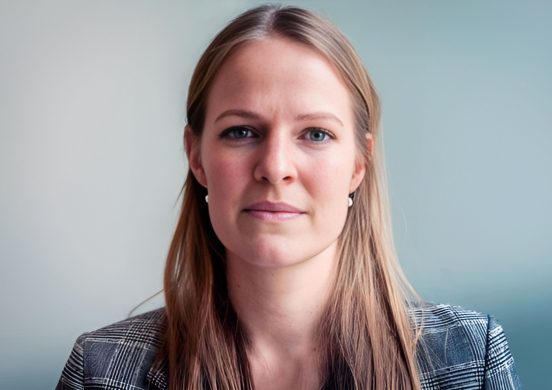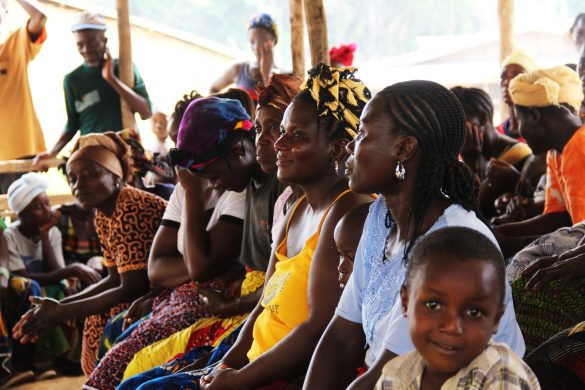FNs Menneskeretsråd vil på sit 26. møde fra d. 10 til 27 juni i Geneve granske et såkaldt Periodic Review af 14 lande, blandt dem Afghanistan, som står til at blive største modtager af dansk bistand, men også grimmerter som Nordkorea, Syrien og Centralafrika kommer under lup.
GENEVA, 4. June 2014 (UN): Highlights of the three-week session will feature a wide range of issues including presentations by the commission of inquiry on Syria, by the Special Rapporteur on North Korea and by the Independent Expert on the Central African Republic, and interactive discussions on the issue of safety of journalists and combatting child, early and forced marriages.
On the first day, Navi Pillay, the UN High Commissioner for Human Rights, will present an update on the activities of her Office, marking the last time she does so before stepping down as High Commissioner in August this year.
Ms. Pillay’s presentation will be followed by a general debate on the annual report of the High Commissioner.
* A panel discussion on the safety of journalists will be held on 11 June;
* a high-level panel on the identification of good practices in combatting female genital mutilation (omskæring) on 16 June;
* an annual full-day discussion on women’s rights on 17 June focusing on gender stereotyping and women’s rights in achieving sustainable development;
* a panel on preventing and eliminating child, early and forced marriage on 23 June; and
* an annual thematic discussion on technical cooperation on 25 June to focus on efforts to advance the rights of persons with disabilities.
The Council will be holding interactive discussions during its FIRST week with
* the Special Rapporteur on the right to freedom of expression;
* Special Rapporteur on peaceful assembly and association;
* Special Rapporteur on the right to health;
* Working Group on human rights and business;
* Special Rapporteur on violence against women;
* Special Rapporteur on extreme poverty;
* Special Rapporteur on extrajudicial (summariske) executions;
* Special Rapporteur on internally displaced persons;
* Independent Expert on international solidarity;
* Special Rapporteur on trafficking in human beings;
* Special Rapporteur on independence of judges and lawyers; and
* Special Rapporteur on migrants.
Den anden uge
During its SECOND week, the Council will hold interactive discussions with the Special Rapporteur on Eritrea; Working Group on discrimination against women; Special Rapporteur on the right to education; commission of inquiry on Syria; Special Rapporteur on Belarus (Hviderusland); and Special Rapporteur on North Korea.
Also during the second week, thematic reports by the Secretary-General and the High Commissioner will be presented, including on the issues of child mortality, effective remedies for trafficked persons and the right to enjoy the benefits of scientific progress.
This is to be followed by general debates on the annual report of the High Commissioner; the promotion and protection of all human rights: civil, political, economic, social and cultural rights, including the right to development; and human rights situations that require the Council’s attention.
The reports of the Advisory Committee, the Social Forum, the Forum on Human Rights and Business, and the Working Group on the rights of peasants will be presented, followed by a general debate on human rights bodies and mechanisms.
Also during the second week, on 19 and 20 June, the outcomes of the Universal Periodic Reviews of the following fourteen countries will be considered: New Zealand, Afghanistan, Chile, Cambodia, Uruguay, Yemen, Vanuatu (Pacific island nation), The former Yugoslav Republic of Macedonia; Comoros, Slovakia, Eritrea, Cyprus, Dominican Republic and Viet Nam.
Den tredje uge
During the THIRD week, the Council will hold interactive dialogues with the Special Rapporteur on racism, the Independent Expert on the Central African Republic, and the Independent Expert on Côte d’Ivoire (Ivory Coast).
It will hear presentations of country reports of the High Commissioner and the Secretary-General, the High Commissioner’s annual presentation on technical assistance and capacity building, the Board of Trustees of the Voluntary Fund for Technical Cooperation, and will hold general debates on the human rights situation in Palestine and other Occupied Arab Territories.
There will be follow-up to and implementation of the Vienna Declaration and Programme of Action; racism, racial discrimination, xenophobia (fremmedhad) and related forms of intolerance: follow-up to and implementation of the Durban Declaration and Programme of Action; and technical assistance and capacity building.
On Thursday and Friday, 26 and 27 June, the Council will take action on the draft resolutions and decisions tabled during the session.
On Friday, 27 June, the President of the Council will appoint five expert mandate holders under the Special Procedures before concluding its session.
Om Menneskeretsrådet
The Human Rights Council is an inter-governmental body within the United Nations system made up of 47 States which are responsible for strengthening the promotion and protection of human rights around the globe.
The Council was created by the United Nations General Assembly on 15 March 2006 with the main purpose of addressing situations of human rights violations and making recommendations on them.
The composition of the Council at its twenty-sixth session is of the following 47 countries:
Algeria, Argentina, Austria, Benin, Botswana, Brazil, Burkina Faso, Chile, China, Congo, Costa Rica, Côte d’Ivoire, Cuba, Czech Republic, Estonia, Ethiopia, France, Gabon, Germany, India, Indonesia, Ireland, Italy, Japan, Kazakhstan, Kenya, Kuwait, Maldives, Mexico, Montenegro, Morocco, Namibia, Pakistan, Peru, Philippines, Republic of Korea (South Korea), Romania, Russian Federation, Saudi Arabia, Sierra Leone, South Africa, The former Yugoslav Republic of Macedonia, United Arab Emirates, United Kingdom, United States, Venezuela and Viet Nam.
(Det bemærkes, at intet nordisk land p.t. er medlem af rådet, red.)
As of 1 January 2014, the President of the Council has been the Ambassador of Gabon, Baudelaire Ndong Ella.
————————-
Follow the Human Rights Council online and on social media
* Facebook: https://www.facebook.com/UNHRC
* Twitter: https://twitter.com/UN_HRC (Use hashtag #HRC26 for this session)
* Website: http://www.ohchr.org/HRC
* The HRC App (only for iPad).
The installation link for the App is available via the HRC Extranet:
https://extranet.ohchr.org/sites/hrc/HRCSessions/RegularSessions/26thSession/Pages/default.aspx
To receive a username and password to access the HRC Extranet, please fill out the following form: http://www.ohchr.org/EN/HRBodies/HRC/Pages/HRCRegistration.aspx














